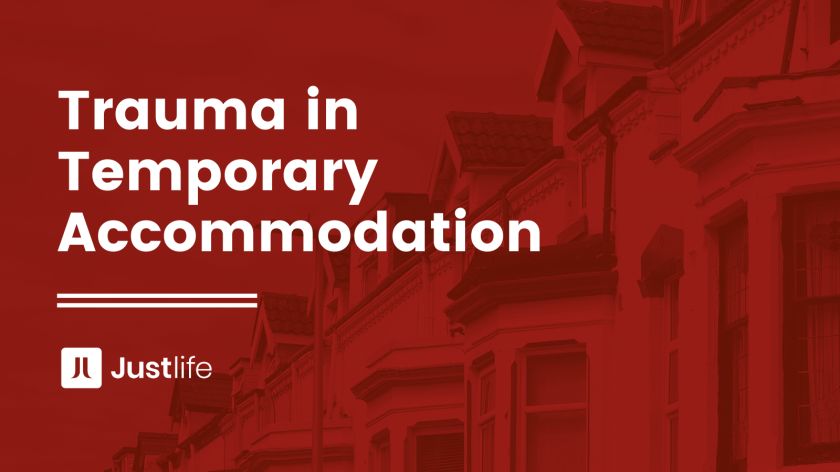A trauma is an event which leaves a person feeling unable to cope. Traumatic stress reactions are normal reactions to abnormal situations that leave individuals feeling helpless or terrified, experiencing a lack of control, unpredictability, loss of safety, and/or fear of serious harm or even death. Trauma can come from a clearly defined event such as an assault or an accident, or it can come from long-term exposure to stress that is hard to bear.
Many people will experience a traumatic event at some point in their life; the unexpected death of a loved one, a car accident, a divorce, a diagnosis of a long-term chronic illness, or even childbirth. But becoming homeless is a trauma most of us are fortunate enough to be spared, and yet it is happening to an increasing number of people in England.
While anyone technically can become homeless, it is not a level playing field. Homelessness often follows relationship breakdown or finances stretched to breaking point, sometimes repeated again and again over generations. Growing up in poverty, without a supportive family or social network, greatly increases the risk of someone ending up homeless. It is not surprising then that this describes the majority of the homeless population. Finding yourself homeless often comes as the culmination of a series of other traumas.
To add insult to injury, people experiencing homelessness are vulnerable to further trauma once they have lost the security that having a home provides. As our research revealed, living in Temporary Accommodation often means exposure to repeated violence, lack of basic safety measures like the ability to lock a door, a high death rate among residents, and a living environment characterised by neglect and infestations.







